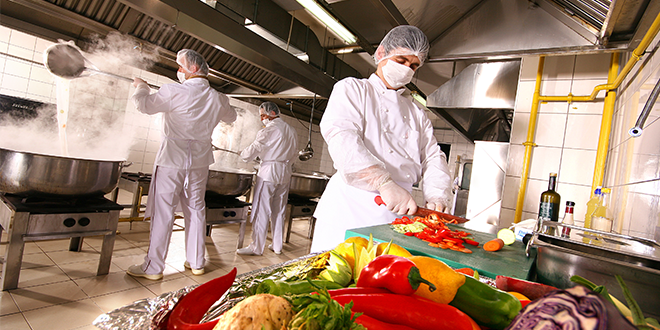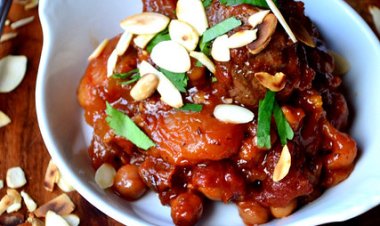food tips south africa
food tips South Africa,Important product,Food industry,Cooking Tips,Important Tips,Food Hygiene,Effective Food,

5 Important Tips for Effective Food Hygiene!
The food industry performs the most important product inspections, as non-compliance with food hygiene regulations can cause all kinds of diseases and ailments. In addition, food is the most consumed product by the human body. In some cases, it can be overloaded.
Food businesses must meet food quality and health standards. This way, you can support your brand by providing not only delicious products, but also clean, nutritious products that do not pose a threat to health.
This article provides five important tips for effective food hygiene. What are you doing to keep your adversary clean? The following tips are useful not only for businesses, but also for small food businesses and home kitchens. We continue.
1. Please observe the hygiene rules.
Hygiene is also taught to infants, toddlers and children. Is there anything like that? Because it helps get rid of everything that is harmful to us. Pathogenic microorganisms eat our bodies. If you work in the food industry, you fully understand why personal hygiene is so important.
Food-borne diseases are usually caused by people who do not know how to handle food and cannot at least keep their hands clean. Recommended for staff, servers, bartenders, etc. Always wash your hands regularly to make sure the food and drinks you use are free of bacteria and other microorganisms.
2. Thoroughly clean and disinfect surfaces, counters, plates, plates, etc.
Second, thoroughly clean and disinfect everything you use and wear. As I said above, trays, shelves, cutlery, plates, tongs, casseroles, pots, everything. It cannot be used daily without initial cleaning. It's so much fun to cook in batches over and over with the same tools. After all, it's the same food, right?
While this belief is understandable, placing your plate outside and exposing it to air increases your chances of coming in contact with bacteria. Other pests may also pass nearby or fly overhead. I don't know what will happen if I stop using it.
For added safety, make sure surfaces and tools are 100% clean and ready to cook.
3. Properly clean and disinfect food processing equipment.
The kitchen and food industries use equipment such as industrial mixers, cutters and filters. They are very useful for mixing, cutting, cutting and other procedures. But the problem is that it is very difficult to maintain.
Do not give up. No work is wasted. Proper cleaning and disinfection of food processing equipment ensures product quality and purity. Food consultants said it would be ideal to disassemble the equipment daily to clean, sanitize and deep clean the roughest parts of machinery and tools. Meanwhile, in the future, we will improve the kitchen to improve the function of the equipment.
4. Do general cleaning to keep the kitchen clean.
Of course, you can't expect a dirty kitchen or a clean food factory. Areas where all work and preparations are carried out must be kept in good condition and must be clean and tidy.
When cleaning, the entire room must be cleaned and disinfected, not just dust and dirt. Be very careful when using detergents that contain chemicals. You need to know how to handle and use it correctly. Careless cleaning causes food contamination and people get sick in factories, businesses and even the kitchens of homes.
5. Clean and improve food storage conditions. Check the correct temperature.
Maximum microbial growth reaches an indoor storage temperature of 41 to 135 degrees Fahrenheit. These data show that temperature is the most important factor to consider when storing food, especially raw food. Bad temperature negatively affects food.










